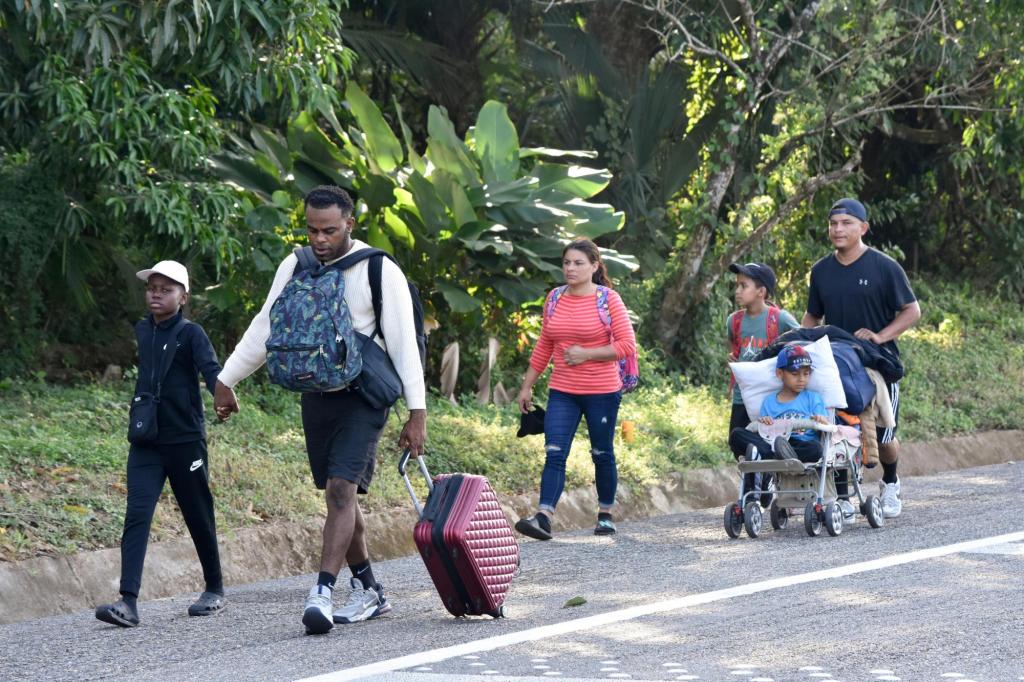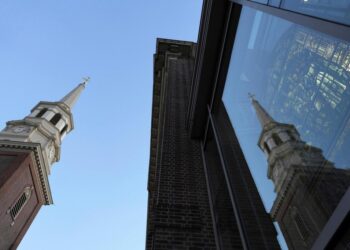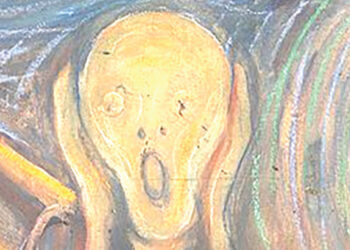By EDGAR H. CLEMENTE
HUIXTLA, Mexico — Christmas Day meant the same as any other day for thousands of migrants walking through southern Mexico: more trudging under a hot sun.
There were no presents, and Christmas Eve dinner was a sandwich, a bottle of water and a banana handed out by the Catholic church to some of the migrants in the town of Álvaro Obregón, in the southern state of Chiapas, which borders Guatemala.
Migrants spent Christmas night sleeping on a scrap of cardboard or plastic stretched out under an awning or tent, or the bare ground.
In the morning, it was waking as usual at 4 a.m., to get an early start and avoid the worst of the heat, walking to the next town, Huixtla, 20 miles away.
Karla Ramírez, a migrant from Honduras who was traveling with other adults and four children, got to Álvaro Obregón too late Sunday to get any of the food being given out by the church. So they had to buy whatever little they could afford.
“It was sad: we have never, ever been in the street before,” Ramírez said. “Our Christmas dinner was some mortadella, butter and tomato, with a tortilla.”
Mariela Amaya’s 7-year-old son didn’t understand why they had to spend Christmas this way. Amaya, also from Honduras, tugged the hand of her tired, recalcitrant son as they walked.
AT THE BORDER: Texas gov. signs measure turning police into border patrol
“They don’t understand why we have to do this to get a better life,” Amaya said. Nor did the governments of Mexico and the United States, she said.
“Why can’t they help us? We need their help,” she said.
What little help there was came from local families, one of whom gave out tamales — traditional seasonal fare — and water to the passing migrants.
The migrants included single adults but also entire families, all eager to reach the U.S. border, angry and frustrated at having to wait weeks or months in the nearby city of Tapachula for documents that might allow them to continue their…
Read the full article here







